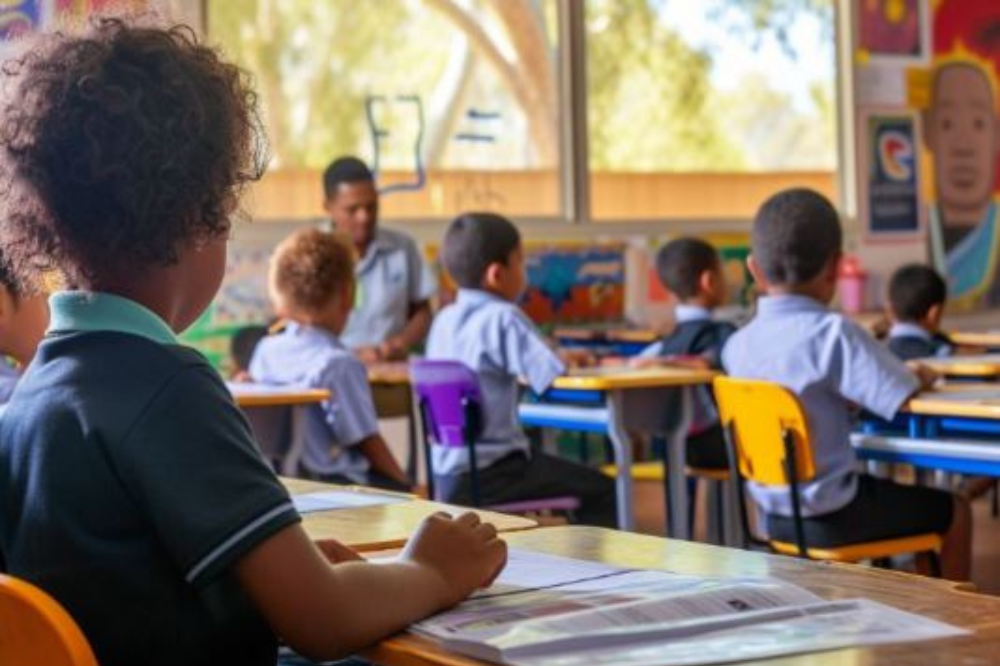
While Australia’s overall education performance is above the OECD average across maths, science, and literacy, research shows students from disadvantaged backgrounds are more likely to fall behind in these areas.
Alarmingly, just one in five students starting high school at the age of 12 or 13 has the maths and English ability of children three years younger. For Indigenous students, the data is even more concerning.
The proportion of First Nations students who meet the National Proficient Standard (achieved a score above 480) is just 32% for reading literacy, 27% for mathematical literacy, and 31% for scientific literacy.
This week, education leaders from every Australian state and territory will come together to urgently address the entrenched and widening gap in academic achievement for Indigenous students in maths.
The National Summit on Indigenous Students and Mathematics Education, which brings together maths associations from across Australia, has been jointly organised by The Aboriginal and Torres Strait Islander Mathematics Alliance (ATSIMA) and the Australian Association of Mathematics Teachers (AAMT).
The summit, which will take place in Adelaide from 10-11 April – will develop a Commitment Statement to hold education systems accountable for the mathematics outcomes of Indigenous students and put together an action plan for driving meaningful change to close the gap in maths education achievement between Indigenous and non-Indigenous students.
“The latest NAPLAN results demonstrate the shocking, seemingly entrenched, and in some cases widening, gap for Indigenous students in maths,” ATSIMA Chair and Quandamooka mathematician Professor Chris Matthews said.
“For example, Year 9 Indigenous students perform, on average, at Year 5 level in numeracy. That’s unacceptable. It’s an educational gap that has the potential to impact their entire lives – permanently putting the handbrakes on their career opportunities.”
Allan Dougan CEO of AAMT agrees the need for change is urgent.
“It’s the urgent task of education leaders all around Australia to work together to address this – we simply cannot let education outcomes like this sustain and get worse,” Dougan said.
“The summit will mobilise the mathematics education system to arrest and reverse the gap in maths attainment between Indigenous and non-Indigenous kids.”


